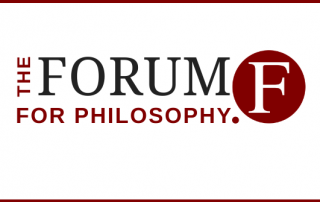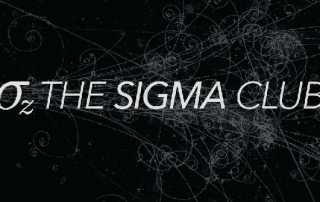Jessie Munton (Cambridge): “Base rate neglect in the service of modal knowledge”
Jessie Munton (Cambridge): “Base rate neglect in the service of modal knowledge”
Are there ever good epistemic reasons to misrepresent base rates? I investigate this question in the context of recent legislation restricting the presentation of gender stereotypes, and the representation of minority groups in children’s books. I argue that our hesitancy around certain base rates makes sense […]






Connect with us
Facebook
Twitter
Youtube
Flickr